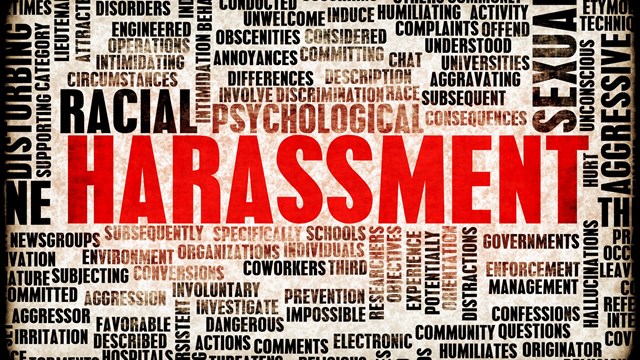
Q. My client with children lives next to the neighborhood pool, access to which inspired them to purchase their home in the first place. Their association has been turned over to the homeowners and a new rule has just been circulated that all persons under 18 years of age can no longer use that pool, but must use another pool on the other side of the development that is about 30% smaller. The neighborhood has children, but not a lot. Both areas are common areas, and of course, under the covenants all homeowners have the right to use the common areas.
The homeowners have just hired a local property management company to run things for them. I am interested in any opinions about the validity of such a rule. Does this rise to the level of a violation of the Fair Housing Act—discrimination in the use of facilities based on age? It seems to me that the rule is more like a restriction and not permissible to limit, absent a proper amendment to the declaration.
—Ageless in Avalon
A. “The Fair Housing Amendments Act of 1988 (FHAA) precludes policies, rules procedures and/or practices which have either the intent or the effect of discriminating against families with children,” says Attorney Ronald L. Perl, a partner with the law firm of Hill Wallack, LLP in Princeton. “This would include policies, rules procedures and/or practices relating both to access to housing and access to recreational facilities as well. For example in United States v. Plaza Mobile Estates, 273 F. Supp 2d 1084 (CD Cal 2003), a mobile home park was sued by the Department of Justice because of restrictions on the use of facilities based on age. Those restrictions included a prohibition on bicycle riding on the streets by children under 14 years of age (except when accompanied by an adult resident); allowing children under age eight to play only in the fenced yard area of a residence; prohibiting children from playing on streets or in other common areas; barring children under 18 years of age from the clubhouse and other facilities unless accompanied by a registered adult from their own unit; and limiting use of the pool and sun deck by residents and visitors under age 18 to the hours between 10AM and noon.
“The court concluded that a prima facie case of discrimination had been demonstrated ‘By showing facially discriminatory rules which treat children, and thus, families with children, differently and less favorably than adults-only households . . .’ Once a prima facie case is established, the defendant must show that their rules constitute a ‘compelling business necessity and that they have used the least restrictive means to achieve that end.’
“A common example of rules and policies which may violate the FHAA concerns access to swimming pools. In HUD v. Paradise Gardens, Section II Homeowners Association, 1992 WL 406531 (H.U.D.A.L.J.) (October 15, 1992) 90 percent of the residents were over 55 years of age. The rules included the following: (a). Guest children under 16 but over five years of age will be permitted to use the pool between the hours of 11:00 and 2:00 only; (b) Children under 10 years of age must be accompanied by an adult in the pool; (c) Children under five years of age are not allowed in the pool at any time.
“The court stated that property owners or managers can implement reasonable rules and regulations to protect residents’ health and safety. However it found that these rules, on their face, discriminated against families with children and interfered with their enjoyment and use of the facilities of Paradise Gardens and therefore violated the FHAA. The court rejected the arguments of Paradise Gardens that their rules were based on reasonable health and safety considerations.
“For example, it would not accept the association’s arguments that 11 a.m. to 2 p.m., being the hottest part of the day, was the most desirable part of the day to swim. The court stated: ‘To the contrary, it is a highly undesirable and unhealthy time to use the pool. Further, it prevents families in which the parents work from enjoying the pool together during the workweek. Accordingly, limiting the use of the pool by children age five to 16 to the period from 11 a.m. to 2 p.m. is not a reasonable balancing of the interests of the elderly residents in tranquility and of the families with children to use the pool; rather, it is, for all intents and purposes, denying the use of the swimming pool to families with children between the ages of five and 16.’ Id.
“It is important to remember that the FHAA contains an exemption for certain senior housing, referred to in the FHAA as ‘housing for older persons.’ Simply stated, age-restricted communities that qualify as housing for older persons may in fact adopt policies, rules and regulations that would otherwise constitute unlawful discrimination.”






Leave a Comment